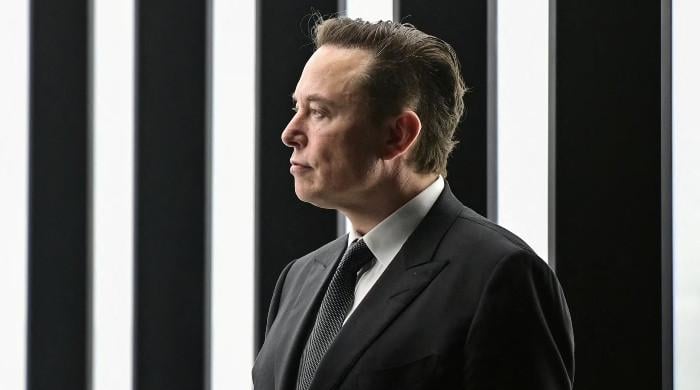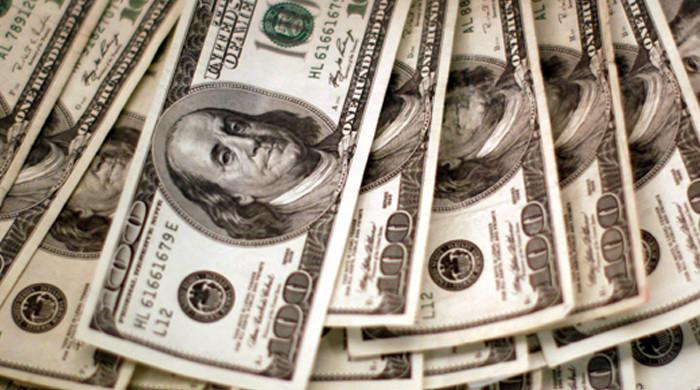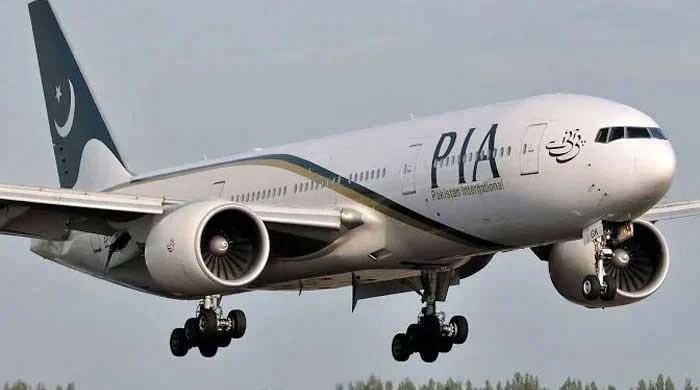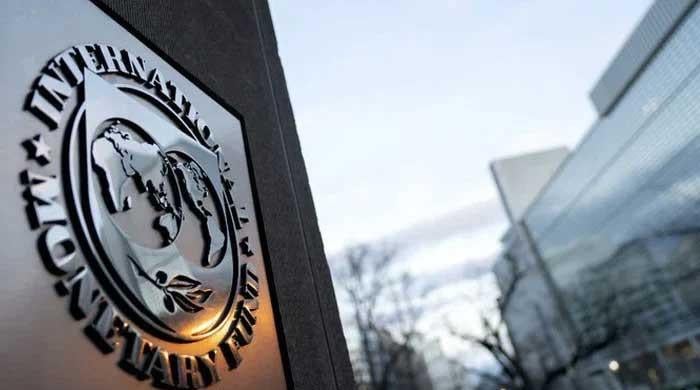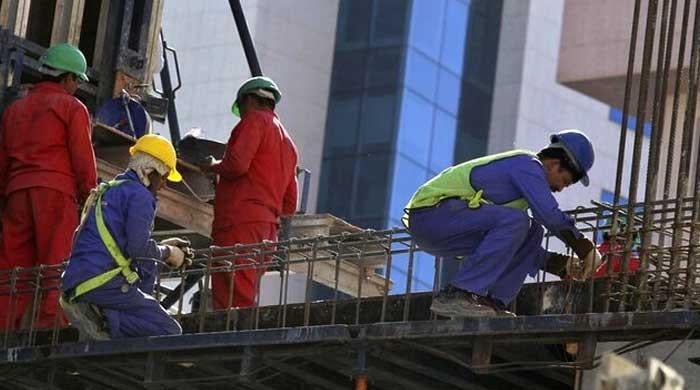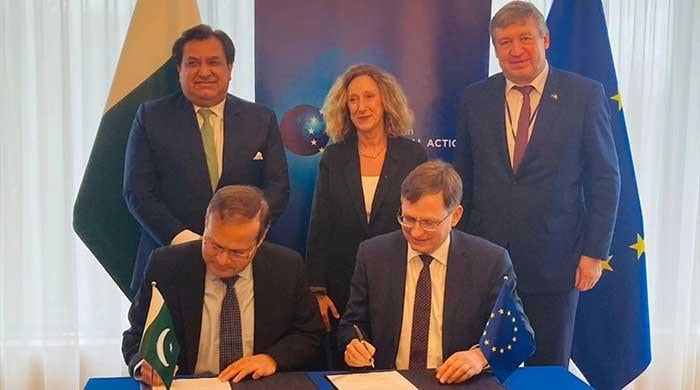Five IPPs 'agree' to govt's demand for 'power purchase' contract termination
Govt intends to save Rs139-150 billion annually by not needing to make capacity payments to said IPPs, says official
October 06, 2024
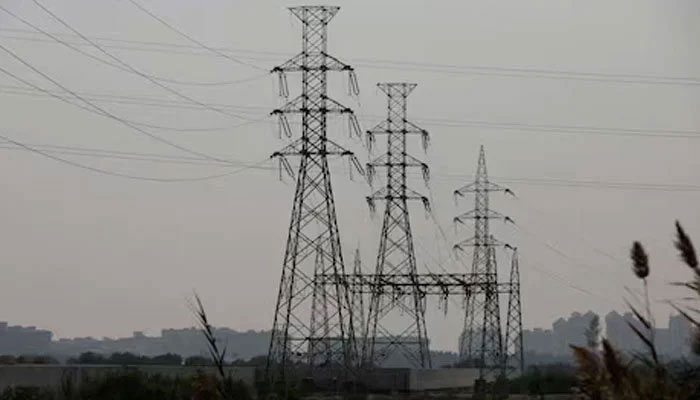
- IPPs to terminate contracts once modalities are finalises.
- Govt to save up to Rs150bn in terms of capacity payments.
- Incumbent administration negotiating dues owed to IPPs.
ISLAMABAD: As the incumbent government makes arduous efforts to tackle multi-prong challenges in the power sector, five independent power producers (IPPs) have "agreed" to terminate their contracts as demanded by the government, The News reported on Sunday.
As per an official part of the task force on the power sector, modalities were being settled, and once these were finalised, all five IPPs would sign the documents to terminate the contracts.
The development comes as last month, Prime Minister Shehbaz Sharif's administration warned IPPs owners of "consequences" over failure to voluntarily terminate the power purchase agreements (PPAs).
"The government would not pay capacity payments anymore in the range of Rs139-150 billion per annum to the said IPPs for the next 3-5 years, this has been told to the proprietors of the said five IPPs. They have also been categorically told that the government has already made excess payments to the said IPPs in the shape of capacity payments and returns on equity and has also paid the loans of the IPPs," said the officials privy to the matter.
As per details, the IPPs would not be paid future payments, he said, but they would be paid previous dues. However, they would only be paid the cost of electricity and not the interest.
"More importantly, the past capacity payments that the government owes to the IPPs amounting to Rs80-100 billion are being discussed. The volume of these dues is being negotiated," the top official remarked.
Four of the five IPPs concerned were set up under 1994 and one under 2002 power policies.
Expressing the possible benefits of contract termination, the official said: "We would save Rs300 billion under the head of capacity payments that are to be paid to them in the next 3-10 years. This is how consumers would get relief of Rs0.60 per unit equal to Rs60 billion in one year [....] After the termination of the contracts, the five IPPs would not be allowed to be functional on a take-and-pay basis."
He said 17 more IPPs installed under 1994 and 2002 policies have been identified. These IPPs would switch over to the take-and-pay mode from the take-or-pay mechanism. The government, he added, would continue to purchase electricity from them in take-and-pay mode till the private power market is established.
"However, once the private power market regime is established, the said 17 IPPs would be allowed to sell electricity under the CTBCM (Competitive Trading Bilateral Contract Market) regime.
"We are on our toes to establish CTBCM within one-and-a-half to two years' time so that IPPs could sell electricity to their clients by using the wheeling charges", he added.
He further highlighted that Rs26 per unit as wheeling charges would not work. The charges should be reduced in a way that CTBCM could work properly, putting the country on the way to progress. FBR needs to reduce its revenue collection through electricity bills, he said.
The government is currently mopping Rs800 billion per annum as revenue from electricity bills. It means an electricity consumer pays Rs8 per unit under the head of taxes, duties and surcharges.
If taxes, duties and surcharges are reduced by 50% tariff would plunge by Rs4 per unit.
The official said the task force is endeavouring to reduce tariffs on wind and solar power plants. Some solar plants are charging Rs27 per unit which should be at Rs7 per unit, and wind IPPs are getting Rs40 per unit which needs to be rationalised, he said.




